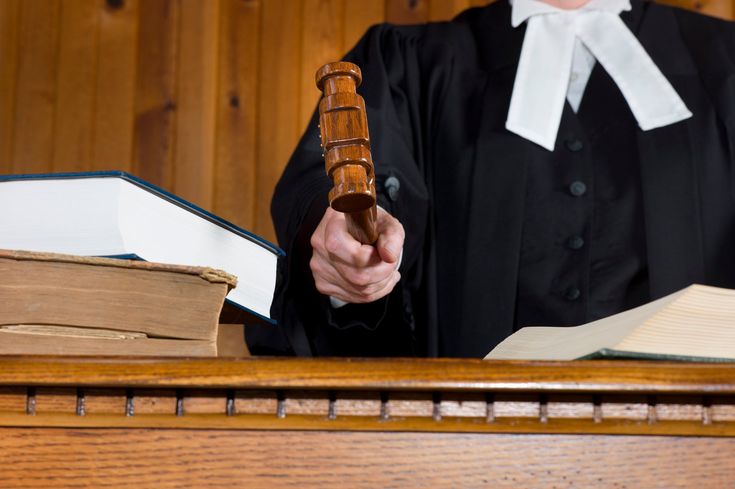The Supreme Court of Pakistan has unanimously declared the trial of civilians in military courts as null and void, ordering that 103 accused individuals involved in the May 9 and 10, 2023 violence cases be tried under regular criminal laws. The verdict marks a significant turning point in Pakistan’s legal landscape and has far-reaching implications for the justice system.
A five-judge bench, led by Justice Ijazul Ahsan and comprising Justices Muneeb Akhtar, Yahya Afridi, Mazahir Naqvi, and Ayesha Malik, heard the petitions challenging the legitimacy of trying civilians in military courts. The petitioners, including former Chief Justice Jawwad S Khawaja and senior lawyer Barrister Aitzaz Ahsan, raised questions about the fairness and constitutionality of such trials.
The court’s decision, announced in short order, states that civilians accused of offenses related to the May 9 and 10, 2023 violence will be tried in criminal courts under the ordinary laws of the land. This ruling signifies a resounding call for justice within the civilian legal system.
The Supreme Court further declared certain clauses of the Army Act as ultra vires the Constitution and of no legal effect. Notably, the trial of civilians under Section 2d(i) and 2d(ii) of the Army Act was deemed unconstitutional, highlighting the court’s commitment to upholding fundamental rights.
While the court decision was unanimous in most aspects, one judge reserved their verdict on one para while concurring with the bench on the remaining paragraphs.
The ruling effectively dismantles the practice of trying civilians in military courts, a contentious issue that has been a subject of public debate and legal scrutiny. The implications of this verdict extend beyond the May 9 and 10 cases, setting a precedent for the future treatment of civilians within the justice system.
The legal battle, initiated by prominent figures including Pakistan Tehreek-e-Insaf (PTI) Chairman Imran Khan and former Chief Justice Jawwad S.Khawaja, reflects the deep-seated concerns surrounding the fairness and transparency of military court trials.
The petitions argued that military courts had already begun trials of the 103 accused individuals, despite serious reservations about the constitutionality of such proceedings.
The decision not only invalidates the ongoing military trials but also ensures that future civilian cases will be adjudicated in a manner consistent with the principles of due process and fundamental rights enshrined in the Constitution.
The Supreme Court’s ruling highlights the judiciary’s role in safeguarding the integrity of the legal system and protecting the rights of the accused. It emphasizes the importance of civilian institutions and reinforces confidence in the democratic process.
This landmark verdict has significant implications for the justice system in Pakistan, ensuring that civilians are treated fairly and equitably and that their rights are upheld. It also marks a significant step forward in strengthening the democratic and constitutional principles of the nation.


